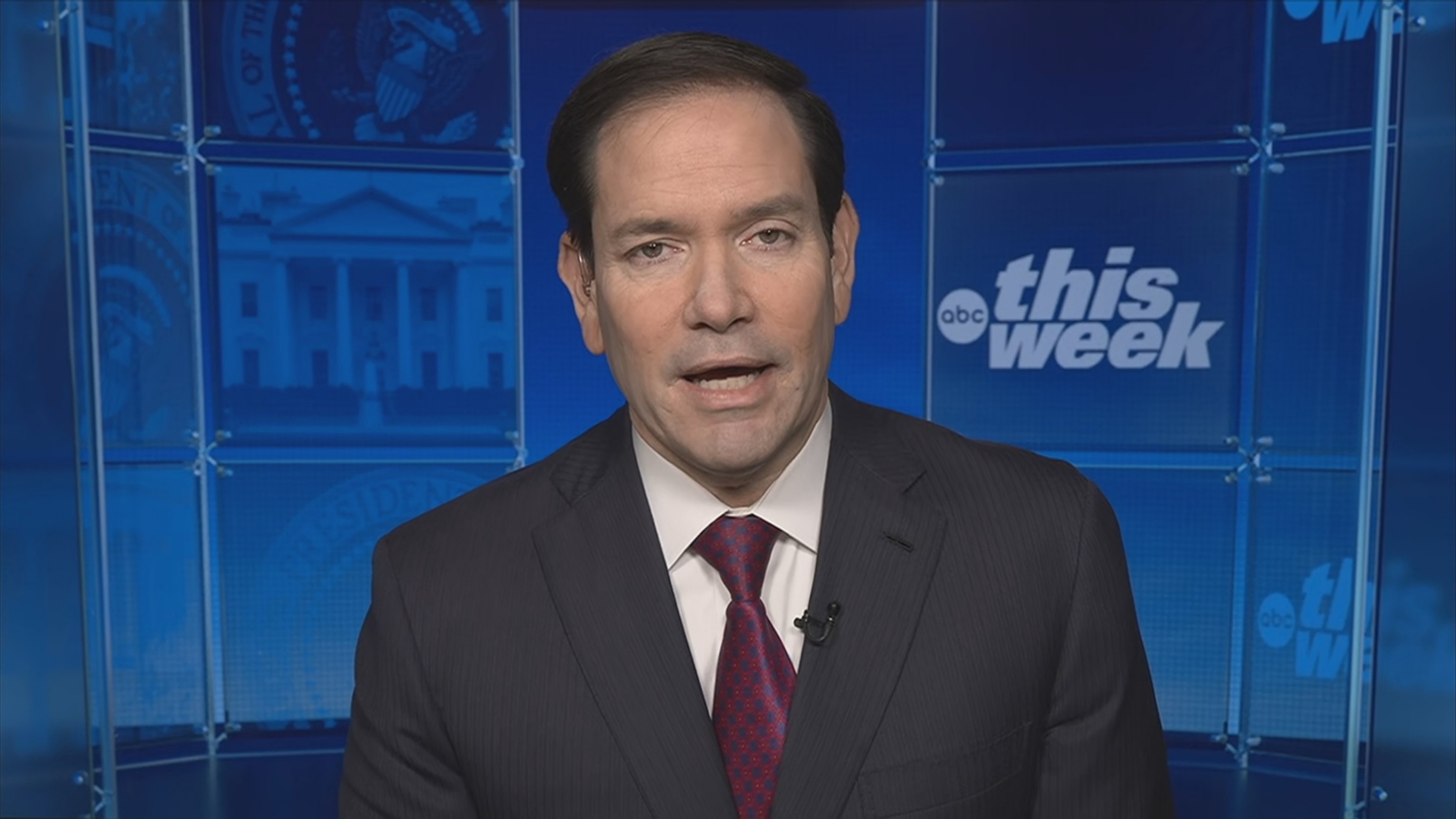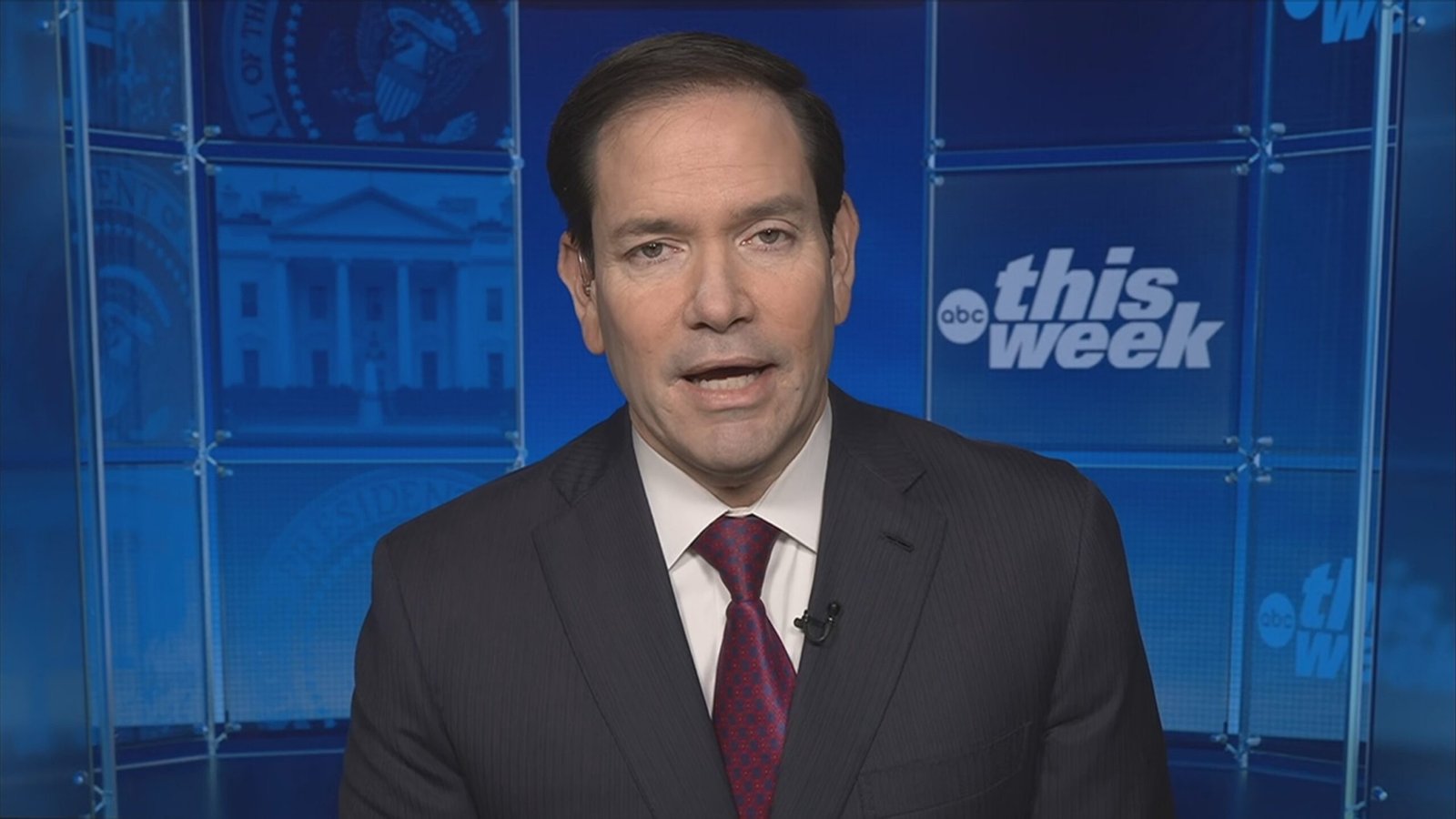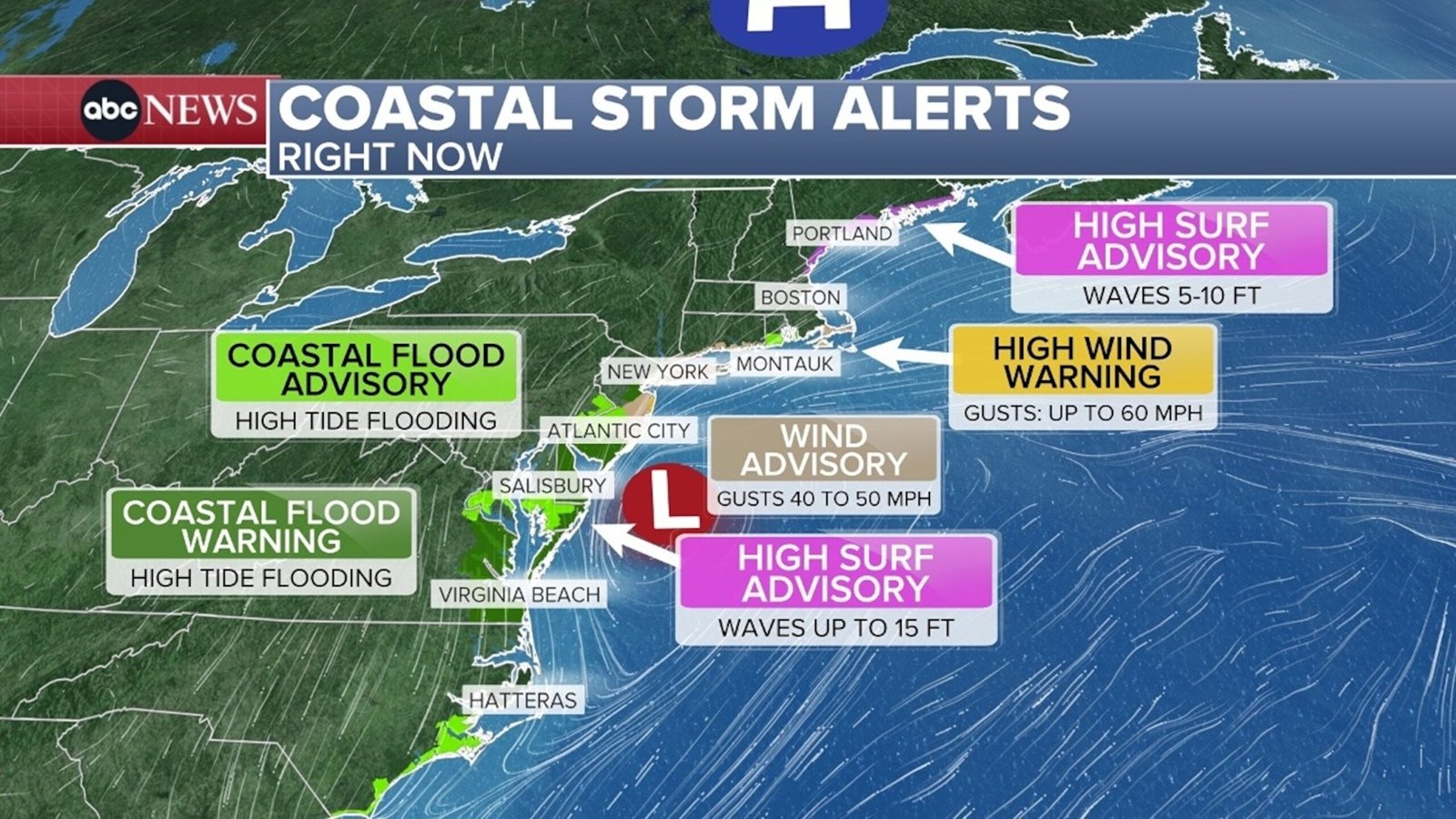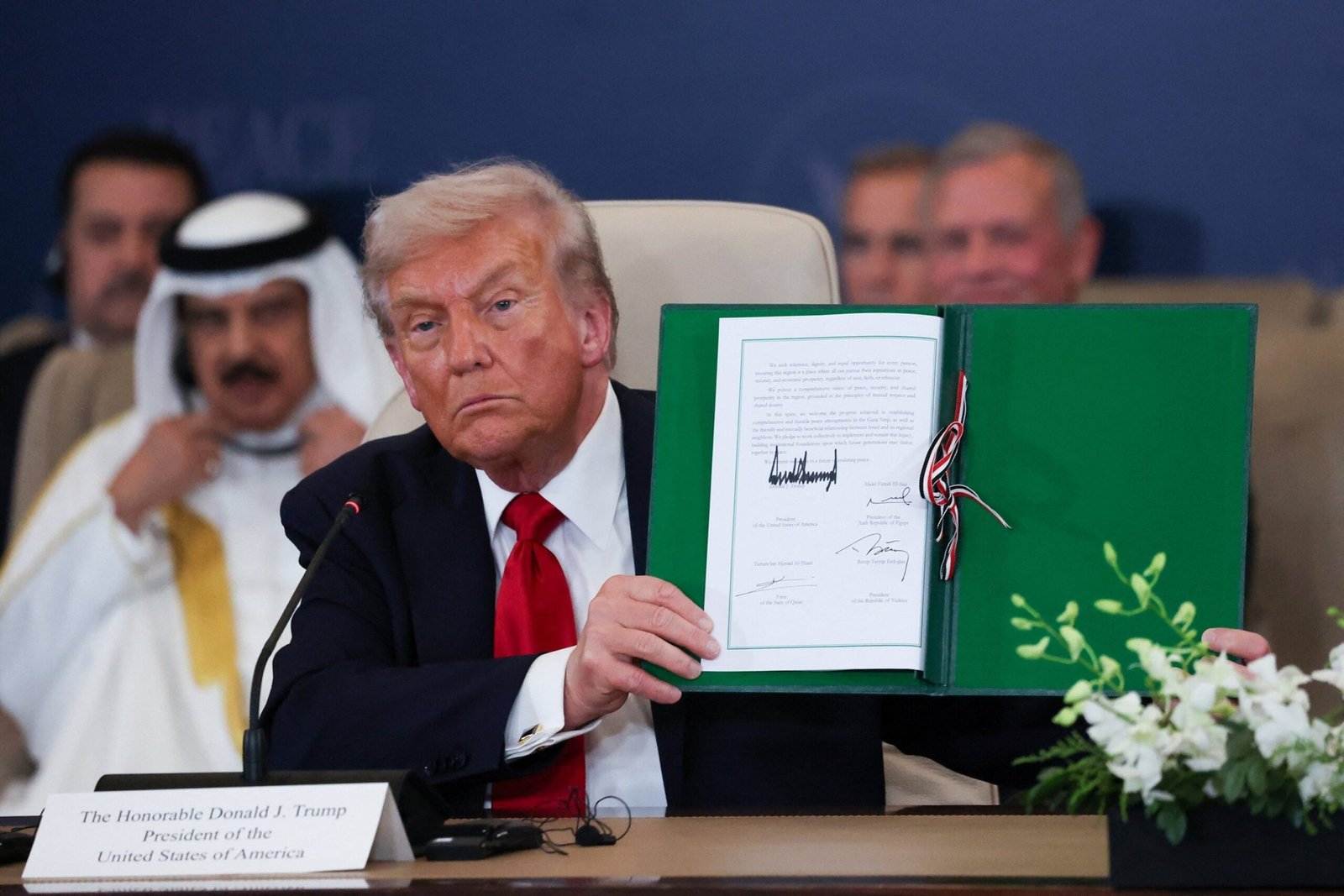The Secretary of State, Marco Rubio, expressed optimism on Sunday that an agreement between Hamas and Israel to end the war in Gaza could finally be achieved, saying that it is “the closest we have reached that all hostages free.”
But the main diplomat of the United States also warned that nothing is a treatment made, saying that there are key peace plan presented by President Donald Trump that still needs to be resolved, warning: “There are many difficulties along the way.”
“This is the closest to that we have come to all hostages being launched, each, the 48, including the 28 who died,” Rubio told the ABC News co -chapter “This Week,” Martha Raddatz. “But there are many difficulties along the way. There is some work to do here.”
Rubio said that “some of the technical conversations” were already ongoing, and emphasized that the United States believes that the speed is essential, especially for what it described as the first phase of this agreement: return to Israel the hostages.

Secretary of State Marco Rubio appears in “This Week” of ABC News on October 5, 2025.
ABC News
“[President Trump] He wants to see what happens quickly. This is not something that can be dragged. We cannot be here in three weeks, still arguing, you know, the logistics of how hostages will be launched. That has to happen very quickly so that the rest of this agreement wins impulse, “said Rubio.
He continued: “Our hope is that when our team arrives at Cairo, 90% of this has been resolved, and we are finishing the logistics piece. We would like to see it yesterday.”
The mediators will begin to begin more negotiations between Israel and Hamas on Monday in Egypt, said the country’s foreign ministry. The special envoy of the United States Steve Witkoff and Jared Kushner, Trump’s son -in -law, will be part of the American team to participate in the conversations.
Keith Siegel, an American-Israeli who was held hostage for Hamas for 484 days and released on February 1, told Raddatz in a separate interview in “This Week” that is also optimistic.
“I am always optimistic, but until all my four friends I met in captivity … and all the 48 hostages, until everyone is released and back home with their families, I still continue my mission of advocating for their release,” he said.
“They are in a potentially deadly situation. They are suffering for almost two years and we must bring them back,” Siegel added.
There are more outstanding aspects of Rubio’s interview:
Rubio describes two “phases” of hostages, the peace agreement
Phase number one, which Hamas has accepted, is the President of the President for Liberation. Hostages are released and Israel returns to what has been called the yellow line, more or less where they were in August last year. And that exchange occurs. And that is the first phase of these conversations, because you have to work through that logistics. …
The second phase of this conversation, and may be happening simultaneously, is what happens after that. What happens after Israel returns to this line? What happens to this international group that will enter and create a governance structure, an international governance structure directed by technocrats, Palestinian technocrats, etc.? That is the part that I think will be a bit more difficult to work, but that is what will provide permanence at the end of the conflict. So we are focused on those two phases.
In the necessary conditions to ensure the release of hostages
Blond: It cannot have an exchange of hostages, it cannot obviously not highlight them if they are turning off and the active combat is happening. And fortunately, as he saw, the Israelis have announced that they have now suspended all offensive operations in the region, with the exception of a taste, addressing an imminent threat. You know, someone comes to them with what they think could be a suicide vest,
Raddatz: There were bombings last night.
Blond: – Address that.
Raddatz: There were bombings last night in the city of Gaza
Blond: Well, then we have to investigate that, yes, well, again, we have to look [at] Exactly what were those operations. But ultimately, yes, it cannot have an exchange and if there is an active fight in progress, it simply cannot do it. I mean, for the safety of hostages and for the Red Cross or whoever will enter there and be part of this exchange. You have to establish the conditions. The Israelis have said they would only deal with imminent threats. So we will analyze all that because that will be a key component. Obviously, we have to make sure that Hamas is also doing its part in this regard. But, there are many opportunities here for those who want to sabotage it to do it. And that includes Hamas by the way.
In Hamas he still does not agree to disarm
Raddatz: President Triumph He also said that Hamas cannot represent a threat again. They have not talked about part of this agreement, which is a dramator.
Blond: Yes. Look, that will be a key component of that second phase that we have just discussed. Meanwhile, as long as there is a threat that emanates from Gaza against the security of Israel, either Hamas or a successor organization, that there are people, organizations within Gaza who have rockets, build tunnels, want to kidnap, kill and rape, Israeli citizens and attack Israel, there will be no peace. …
If there is a threat that emanates from Gaza, you will not have peace here to be sustainable. That has to happen, that demobilization has to happen. And clearly, Hamas is an organization that we do not believe that it can be part of that due to its history: its own purpose for existence is to threaten the Israeli State. That will have to be approached in the second phase. And it will be a difficult piece, no doubt. But if we really want lasting peace, anyone who is in favor of supported peace must be in favor of the demobilization of Hamas or anyone Another armed terrorist organization that seeks to operate from Gaza.
In any possible stagnation of Hamas
I would say that we all have to have clear eyes about this, right? There are conditions that must be met here. If in two weeks, in a week, whatever, it is clear that hostages will not be released and are playing, then I think the president declared what our position will be. … No one here states that this is done. What we are affirming is that we have moved, so we are in a much better place today than seven days ago. Much could happen badly here, but it could happen a lot if we can do this and we are very dedicated to that. … I am optimistic that it will happen, but it will not be easy.




